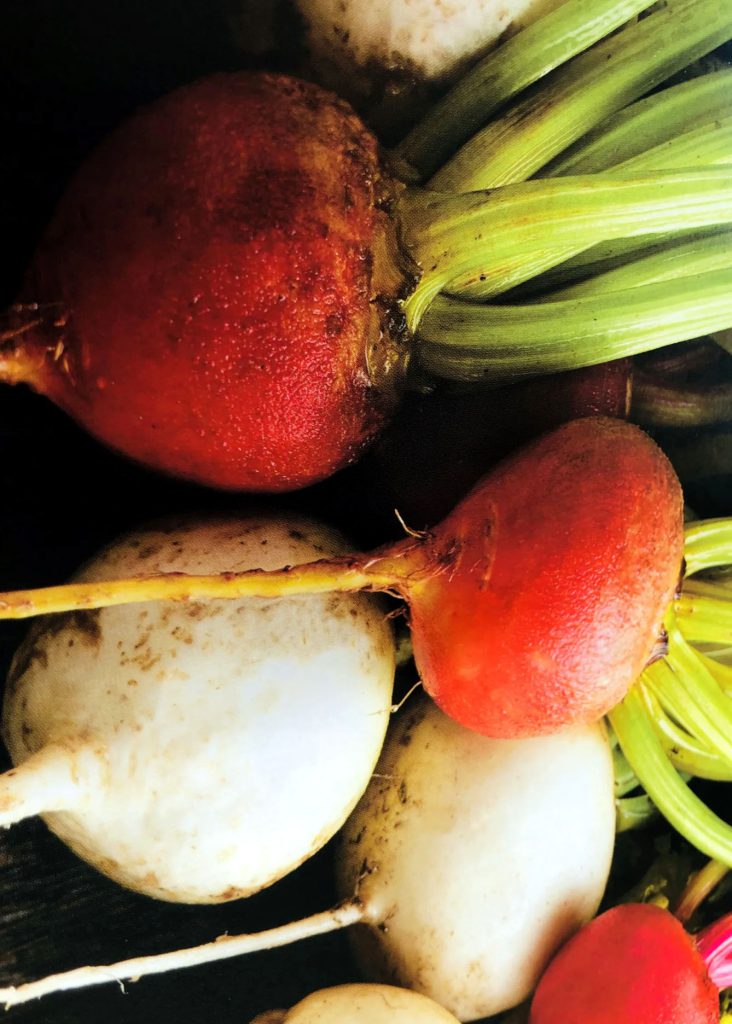
It became a haiku full of season words. There are various rules in haiku, and one of the pleasures of writing a haiku is how you can achieve your thoughts within those rules. However, sometimes we have to break the forbidden techniques. Using seasonal words repeatedly is one of them, and it means that there are two or more seasonal words in one haiku. A famous example is Basho’s “in a lonely inn, harlots also slept_ bush-clovers and the moon.” Bush-clovers and moon are both autumn season words. There are many famous haiku where the two words overlap. A famous example of the overlap of three words is “Full of greens flood your sight Little cuckoos up in the height Fresh bonito as a seasonal delight” by Sodo Yamaguchi, a haiku poet in the Edo period. Green , cuckoos, and bonito are all spring season words. In this way, there are quite a few famous phrases that overlap with the seasons, and I think that it is not bad because it is overflowing with a sense of the seasons.
季語てんこ盛りの俳句になりました。俳句にはいろいろな決まりがあり、その決まりの中でいかに思いを遂げるかが作句する楽しみの一つでもあります。しかし時には禁じ手を破らざるを得ないこともしばしばです。季重なりもその中の一つで、一つの俳句の中に二つ以上季語が入っていることです。有名なところでは、芭蕉の「一家に遊女もねたり萩と月」があります。萩と月はどちらも秋の季語です。二語の季重なりは有名句にも沢山あります。三語の季重なりで有名なのは江戸時代の俳人山口素堂の「目には青葉山ほととぎす初がつを」があります。青葉、山ほととぎす、初がつをはどれも春の季語です。この様に季重なりの有名句も結構多く、季節感が溢れていて悪くはないと思います。
